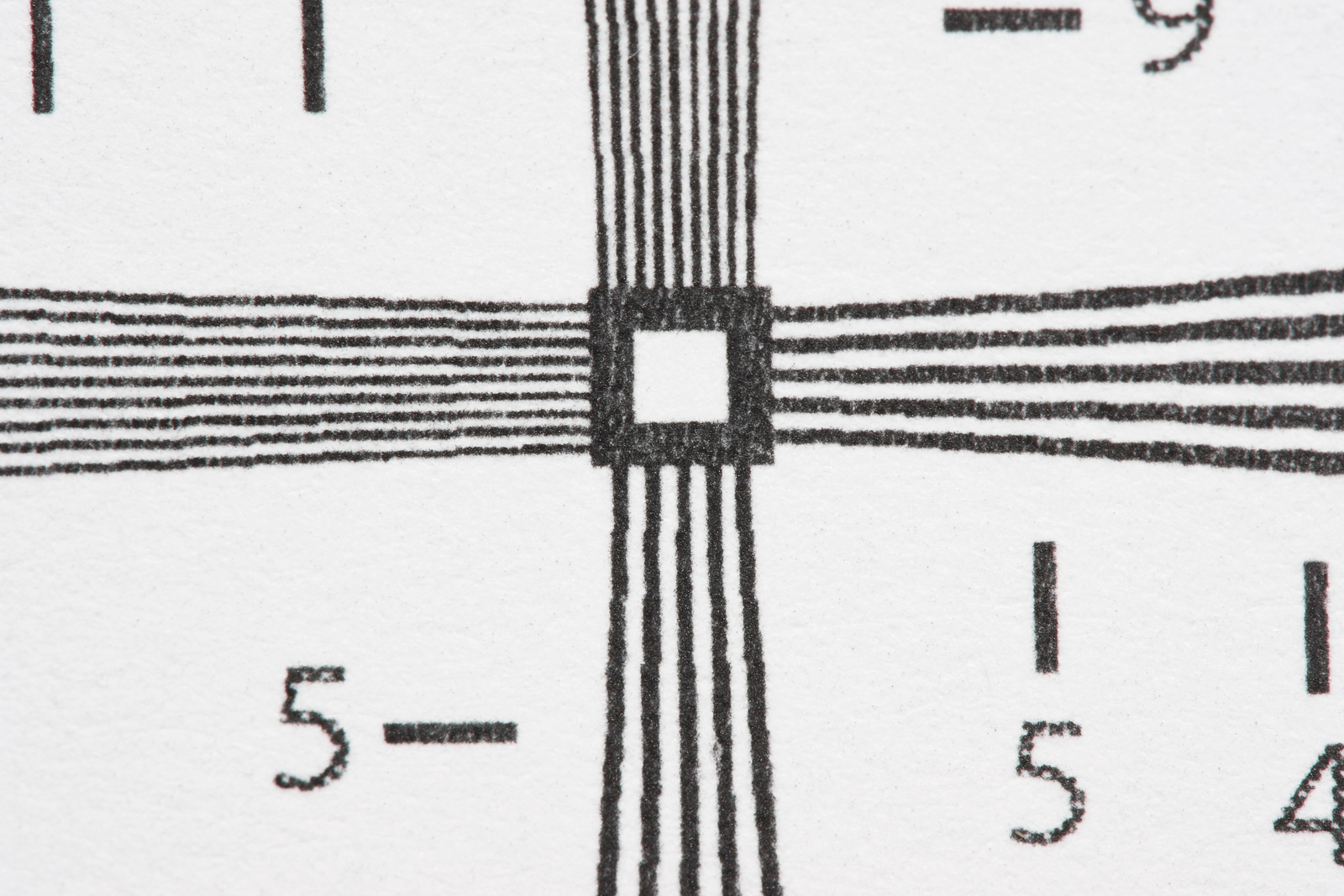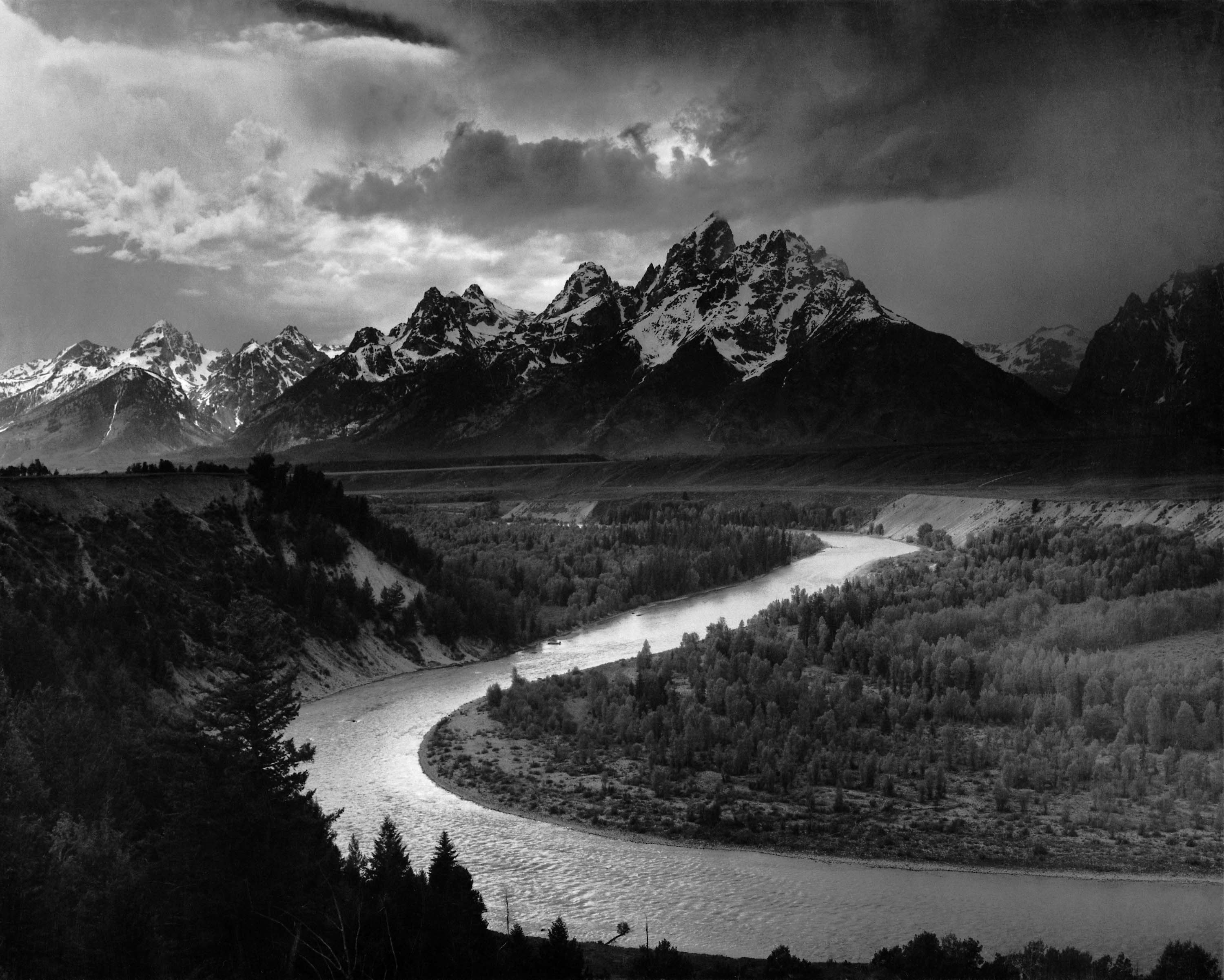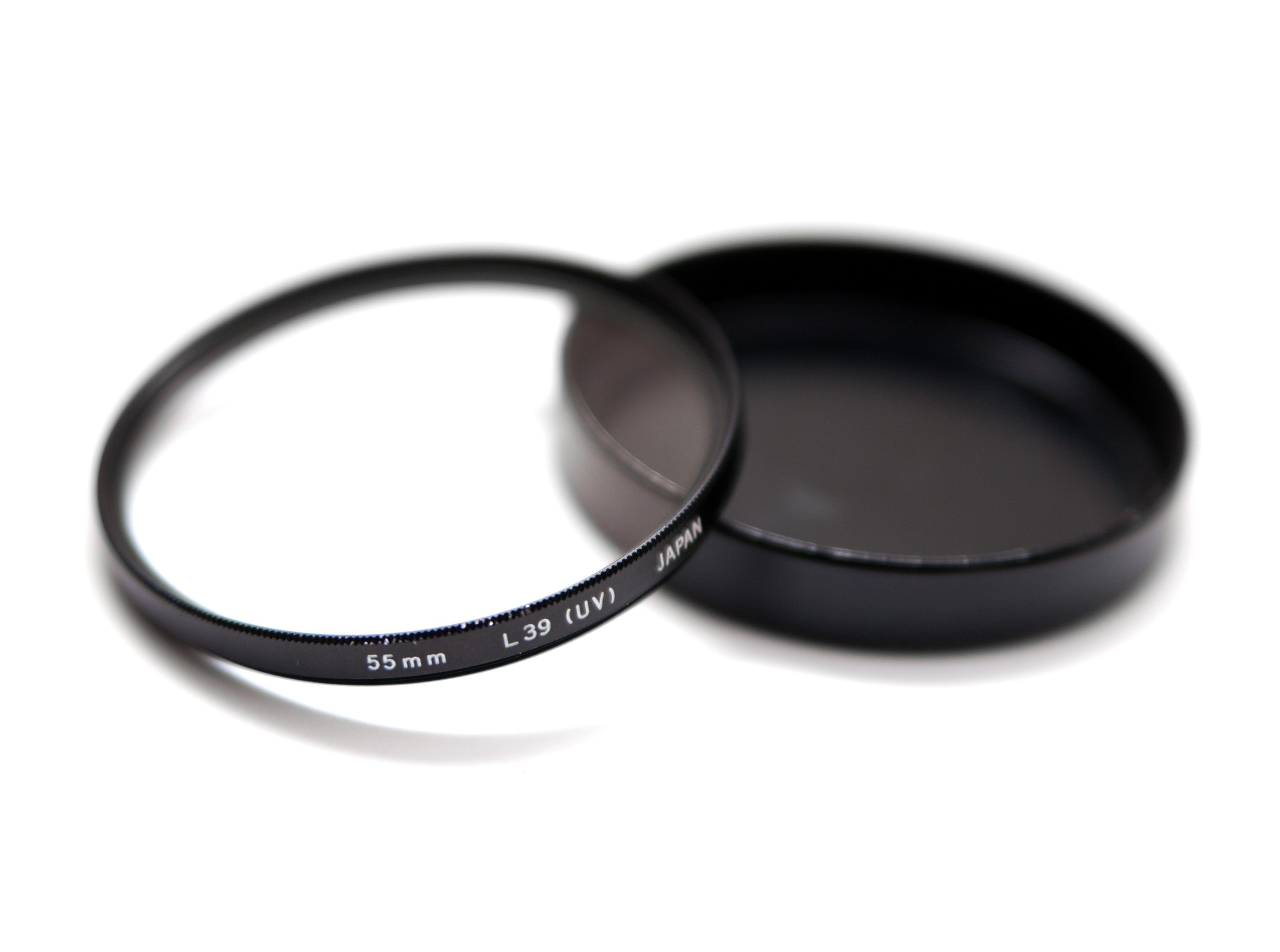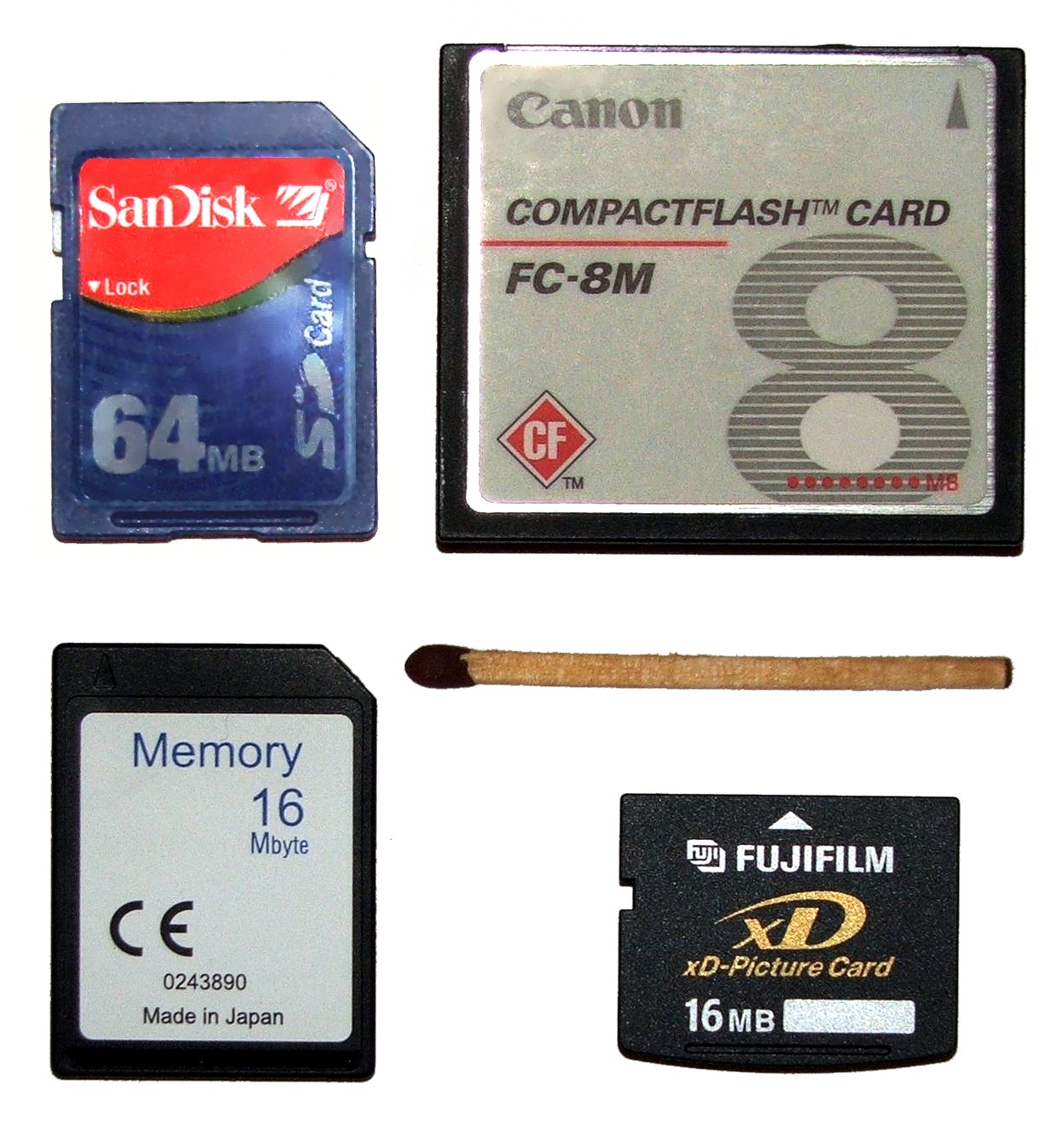Anywho...online forums can be a great place to learn, but in reading them, certain hot topics will just bring out the worst in people. Some of those topics tend to be recurring, and some are so dubious and repetitive in nature that they play out the same way just about every time, leading to endless bickering between users. Forum arguments and flamewars are of course best enjoyed from the sidelines, though reading them can occasionally brain damage, depending on who's involved in the discussion. Top 5 are below, in order of how trivial they are.
5. Format Wars
| Wikipedia |
According to the full-frame zealots, full-frame is some kind of master format that is superior in every way to all others. Nevermind that they ignore the existence of medium and large formats . It's what some of them spent decades using, and undoing their romance with film isn't exactly a quick process. It's a classic case of 'people think differently than I do, therefore I must convert them'. While larger sensors are nice, and having your lenses behave as they were designed is a plus in most situations, attacking people because they're content with APS-C or Four Thirds is just silly.
4. Real life vs lab tests
 |
| Wikipedia |
This really just turns out to be a form of argument between fanboys and haters, with each criticizing the review's testing methods as an excuse to remain either blindly optimistic or pessimistic about a new product. Any mention of DxO in a thread is all but guaranteed to send it in this direction.
3. Ansel Adams didn't have X
 |
| Wikipedia |
This is essentially the photographer's version of Godwin's Law, where as an online discussion about camera gear grows longer, the probability of a comparison involving Ansel Adams approaches 1. While some people really do get caught up in the minutiae of gear, the use of any Ansel Adams analogy that involves making his equipment seem primitive and irrelevant to his success is inherently flawed.
His works were renowned not just for composition, but for their sharpness and resolution as well. Those last two were a result of large format film cameras and very good lenses. Not to mention his pioneering processing techniques, which were used to control the tones, shadows, and highlights in his images. If you think his work would be exhibited in the Smithsonian if he used a Kodak Brownie and got it developed at the drug store, you may want to think again. Composition would be intact regardless of which equipment he used, but all of the rest would be drastically altered.
2. UV filters
 |
| Wikipedia |
While it's one thing to tell somebody to remove a $10 filter from a $500 lens, if you're doing the same to somebody with a higher-end B+W or Hoya filter (then being inflammatory about it), that's a bit like complaining that somebody else put ketchup on their steak. We get it, hoods are better protectors and filters increase the chance of flare, move on. Some people value their peace of mind more that losing a slight amount of IQ from each shot, even if that peace may be a bit misguided.
1. CF vs SD cards
 |
| Wikipedia |
Proponents of CF cards bring up the same arguments over and over, including the always popular 'CF cards are faster' argument. While it's true that the highest speed CF card will be faster than the highest speed SD card at any given point in time, this is almost irrelevant at the consumer level. Last I checked, a Sandisk extreme 30mb/s (fast enough for HD video and raw still bursts) CF card will be just as fast as a 30mb/s SD card...except the latter will cost 30-50% less. There's also the laughable 'SD cards are easier to lose' point that some like to make.
What this really boils down to is veteran digital photographers having to justify their vast collection of CF cards that they've built up over the years...even if getting an equal amount of equivalent SD cards will cost a negligible amount.

No comments:
Post a Comment